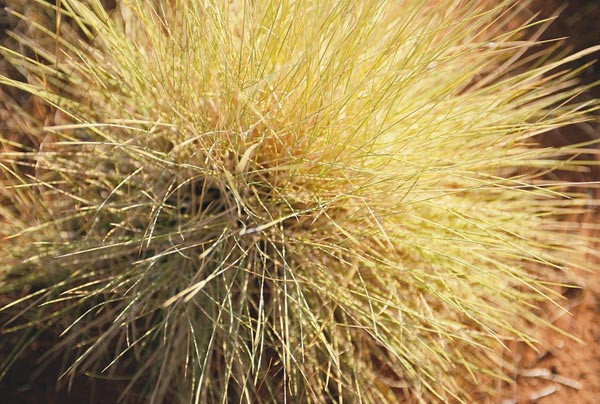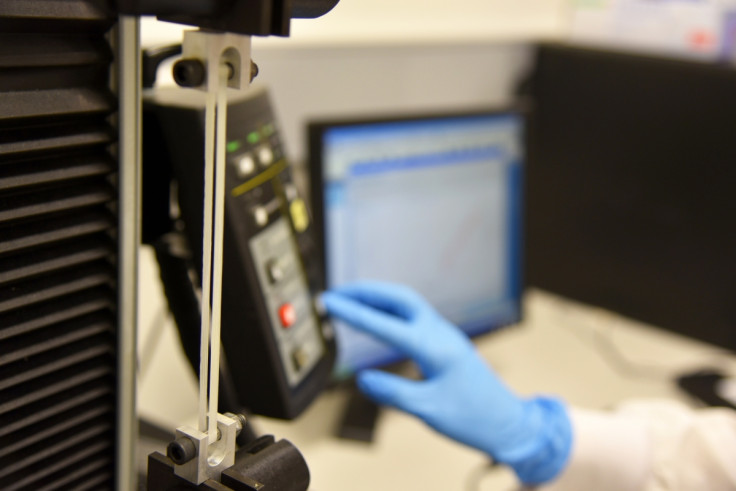Australia: Spinifex grass fibres used to create strong condoms as thin as human hair

A grass native to Australia has been used to create condoms as thin as a human hair, but with no loss of strength. Spinifex grass has long been used by Aboriginal people to create adhesives for tool making, but researchers have now found a way to extract nanocellulose from it, which can be used as an additive in latex production.
The team, from the University of Queensland, said they first hedged the grass and pulped it with sodium hydroxide so it looks a bit like paper pulp. They then forced it through a tiny hole under high pressure to "peel the nano-fibres apart from the pulp" to get the nanocellulose, said Nasim Amiralian, from the university's Australian Institute for Bioengineering and Nanotechnology. This can then be added to things like water-based rubber latex, she added.
The spinifex nanocellulose was found to significantly improve physical properties of latex when tested. Darren Martin, also from the AIBN, said: "The great thing about our nanocellulose is that it's a flexible nano-additive, so we can make a stronger and thinner membrane that is supple and flexible, which is the Holy Grail for natural rubber.

"We tested our latex formulation on a commercial dipping line in the United States and conducted a burst test that inflates condoms and measures the volume and pressure, and on average got a performance increase of 20% in pressure and 40% in volume compared to the commercial latex control sample."
He said with more refinement, they should be able to create a latex condom that is 30% thinner but still able to pass all the standards. "With more process optimisation work we will be able to make devices even thinner than this," he said. "Late last year we were able to get down to about 45 microns on our very first commercial dipping run, which is around the width of the hair on your head."

These will not be the world's thinnest condoms – in 2013 Japanese researchers announced they had made condoms just 0.06mm thick, equivalent to about a sixth the width of a human hair. Regardless, the Australian team believes their findings will be of interest to condom manufacturers that are looking to make the "thinnest, most satisfying prophylactic possible", but also it could have implications for latex gloves used in surgery and other industries.
Spinifex has traditionally been used by populations as a resin to attach spear heads to wooden shafts. The university and the Dugalunji Aboriginal Corporation has since signed an agreement acknowledging their local knowledge about spinifex.
Experts say they hope the cultivation and processing of spinifex will bring in economic opportunities to remote parts of Australia where it grows. "We're very excited by the prospects of commercialising the technology to provide an entirely new industry to regional Australia." Amiralian said.
© Copyright IBTimes 2025. All rights reserved.






















